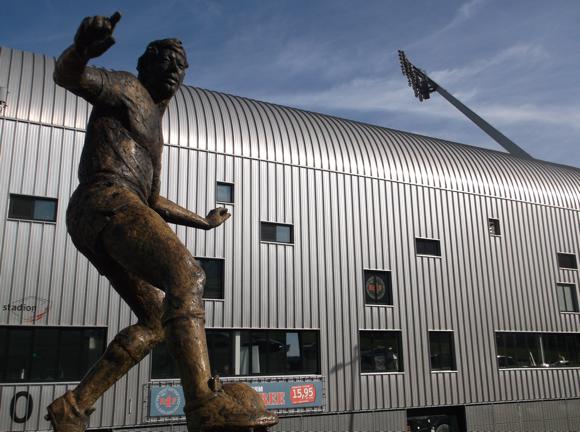Teams, tales and tips – a guide to the local game
In January 2015, on the occasion of the club’s 110th anniversary, mayor of The Hague Jozias van Aartsen opened a museum to ADO Den Haag. Playing in the municipal colours of green and yellow, ADO have long been the city’s main representatives on the football pitch – but all too rarely Holland’s flag-bearers in Europe.
A governmental centre of half a million people, the third largest city in the Netherlands, in footballing terms The Hague has invariably trailed behind the big three of Amsterdam, Rotterdam and Eindhoven.
Home of national champions in ice hockey, rugby union and darts, this city of embassies and high-profile international tribunals has never laid on a heroes’ welcome for the winners of Holland’s football championship in peacetime.
ADO’s solitary two titles, in 1942 and 1943, at least showed the strength and tradition of the amateur game in The Hague. When ADO were founded, in 1905 at the Het Hof van Berlijn café (now Muziekcafé De Papp) on Haagse Papestraat, there were already a few strong amateur teams.

When England’s amateur team, some of them winners of the Olympic football gold in 1912, came to The Hague a year later, their Dutch counterparts beat them 2-1. The hosts featured local players from Haagse Voetbal Vereniging (HVV), national amateur champions ten times up to World War I, and Houdt Braef Standt (HBS), three-time winners. Haagse Voetal en Cricket Vereniging Quick, champions of 1908, contributed another player. As their name suggests, most clubs had a cricket team as well as a football one.
With the arrival of professionalism in Holland in 1954, many of these clubs stayed amateur and now still exist as multi-sport operations with a football team in the national Saturday or Sunday Leagues.
Back in 1913, a huge crowd of 16,000 gathered for England’s visit at the Houtrust, later the ground of The Hague’s other main club, Scheveningen. Still in operation today, and still at the Houtrust, SVV were formed at a another local café, the Volksbelang on Keizerstraat, in 1919.

Originally based at the Duinhorst in Wassenaar near the city’s coastline, the club moved to the Houtrust, where HBS were based, in 1955. Merging with Holland Sport as Scheveningen Holland Sport (SHS) that year, the club enjoyed their best days in the late 1960s as plain Holland Sport.
Under former Dutch international Cor van der Hart, Holland Sport spent four seasons in the Eredivisie.
At the same time across town, as the first club under the mercurial managership of later European Cup-winning coach Ernst Happel, ADO were now challenging the big boys of Ajax and Feyenoord.
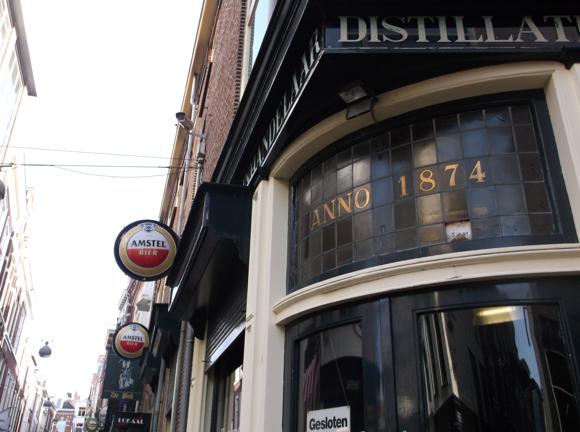
In 1971, Holland Sport and ADO merged to form FC Den Haag, reverting back to ADO after another complex merger in 1996.
In 2007, Den Haag moved from the Zuiderpark, their home since 1925, for the high-security Kyocera Stadion, renamed the Cars Jeans in 2017. Given the shocking amount of hooliganism for which Den Haag became infamous in the 1980s, at ADO photos are taken of every spectator upon entering the stadium.
As for Scheveningen, the green-and-blacks won the Dutch amateur title in 1996, under ex-ADO player (and later Spurs manager) Martin Jol. Currently, they play in the third-flight Topklasse, Saturday division. The Houtrust is up by the coast, just off Houtrustweg. Take tram 22 from Den Haag Centraal (every 7-10mins, 17min journey time).
Getting Around
Arriving in town, local transport and timings

The Hague shares its airport, with Rotterdam. Strangely there’s no direct link by public transport to The Hague, 20km (12.5 miles) away.
Rotterdam city bus 33 (every 10mins) runs to Meijersplein station, from where Metro E (every 10mins) takes 26mins to reach Den Haag Centraal.
For this and all journeys in the Netherlands, you require an OV-chipkaart – about €4.20 will be deducted for the airport-Den Haag journey.
In The Hague, public transport consists of trams and buses, running on the same Chipkaart system. If you don’t have one, a single ticket is €3.50 (valid 60mins) from the driver, a day pass €6.50.
From the airport, an official Rotterdam Airport Taxi should charge €49 to Den Haag Centraal. An HTMC taxi (+31 70 390 77 22) local to The Hague charges €45.
From Amsterdam Schiphol airport, a frequent direct train to Den Haag Central (€8.30) takes 30mins. An HTMC taxi charges €67.
Where to Drink
The best pubs and bars for football fans

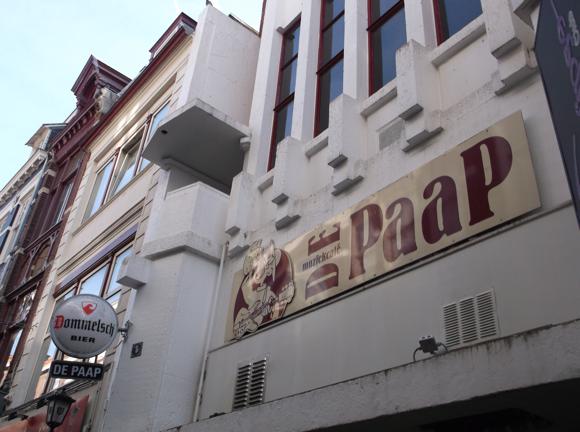


The city’s bar hub is in the tangle of streets around Papestraat and Oude Molstraat. Key venue there is the Muziekcafe de Paap, formerly the Het Hof van Berlijn café, where ADO Den Haag were formed in 1905, now a music venue.
Alongside, the wonderful De Libertijn is a convincing candidate for best bar in town. Run by fans of Red Star Belgrade, it’s tasteful and lively at the same time, with an arty feel, pool tables and TV football around the bar.
Nearby, Cafe ‘t Hoekpandje is another classic spot, a timeless corner bar dating back to 1874. Green-and-yellow ADO scarves (‘The Return of the Legend’) surround old beer and Tizer ads and a well used dartboard. Obscure 1970s’ tunes intersperse lively bar talk.

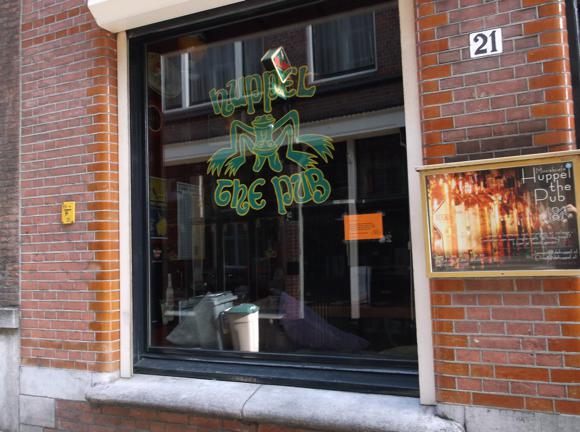
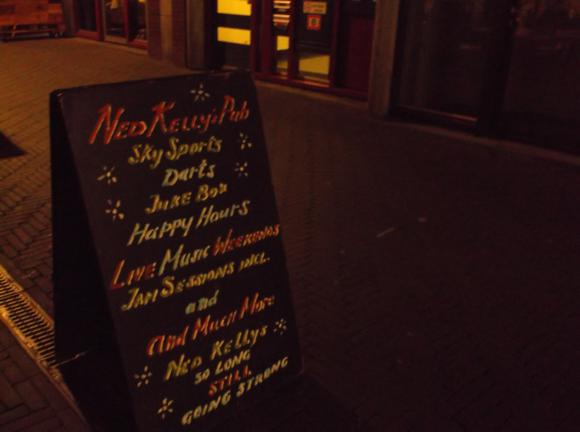

Round the corner, flag-decked Ned Kelly’s has been a mainstay expat pub for three decades.
For live sport on big screens and sought-after beers, The Fiddler has its own microbrewery, pool tables and meal deals. Nearby, the Huppel Pub is a popular spot, the back bar lined with scores of whiskies – though it’s local Brand beer that flows most.
By day, the main square, Grote Markt, is an obvious option for sociable drinks. De Boterwaag is usually the busiest place.
Where to stay
The best hotels for the stadium and city centre

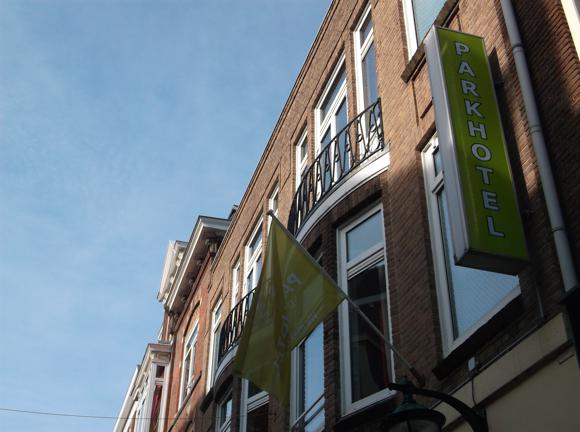

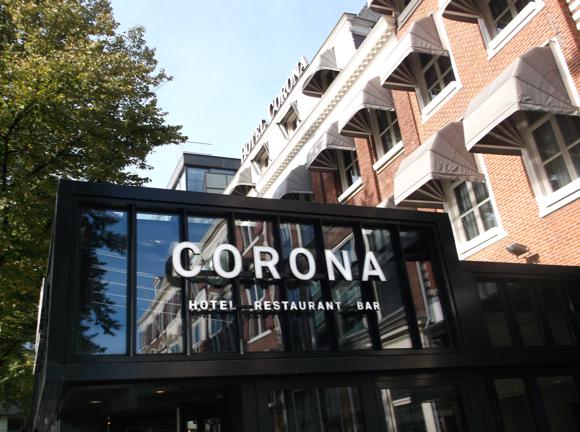

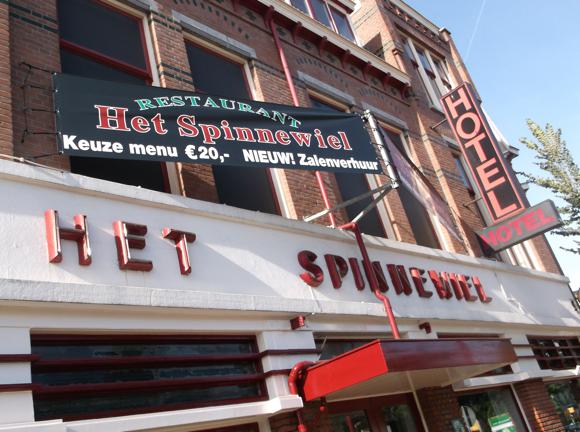
The Hague VVV Tourist Office has a hotel database.
There are no hotels near the stadium. Of the many lodgings in the Hofkwatier, surrounded by the sights of the city centre, you’ll find the stylish, four-star Parkhotel, renovated in 2015, and the Novotel Den Haag City Centre, with its own bar and restaurant.
By the Parkhotel, the Paleis is another classy four-star with service to match. For historic character and contemporary boutique touches, the Corona is set in a former Dutch coffeehouse from the 18th century.
Near the transport hub of NOI, close to Centraal, Het Spinnewiel is a handy, affordable option, with its own restaurant and lively bar.
For a decent internet cheapie, near a convenient tram stop, the three-star Hotel Studio comprises a number of singles, doubles and one dorm, in peaceful, verdant surroundings. It’s also handy for the seafront.


